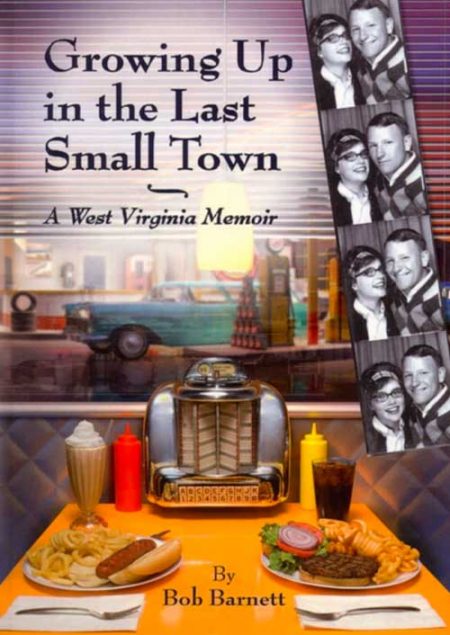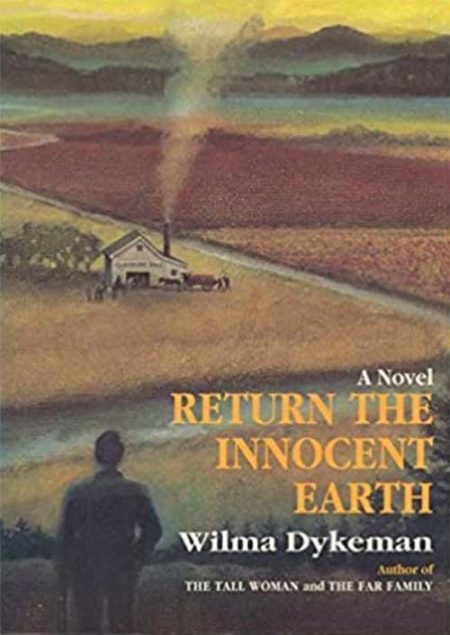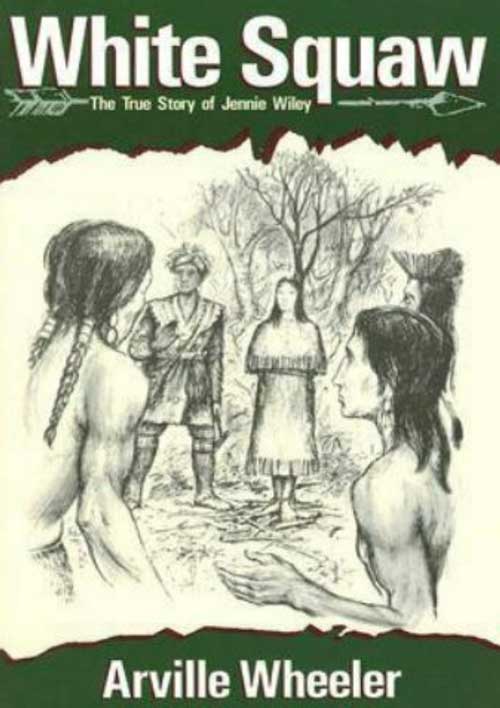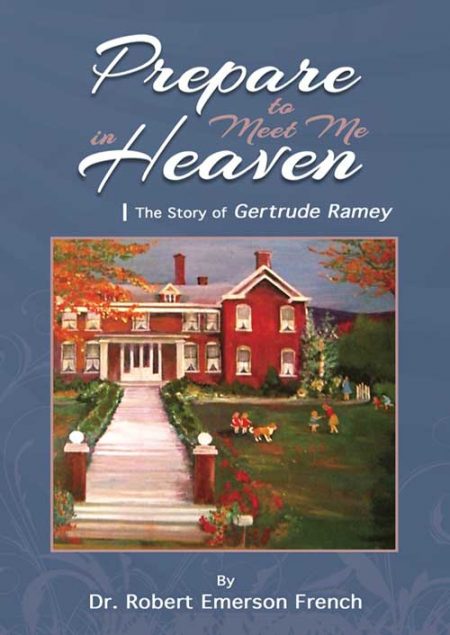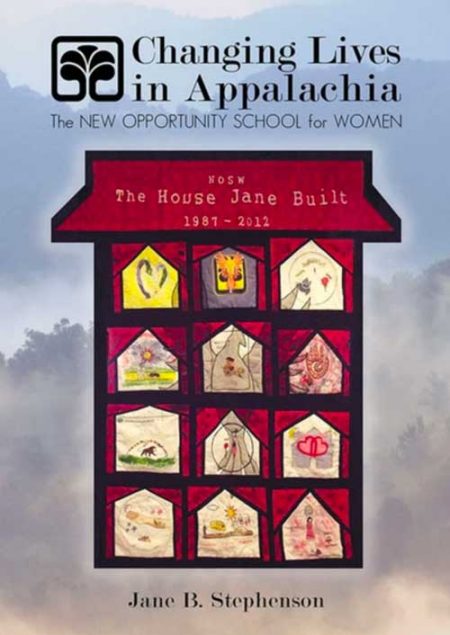-
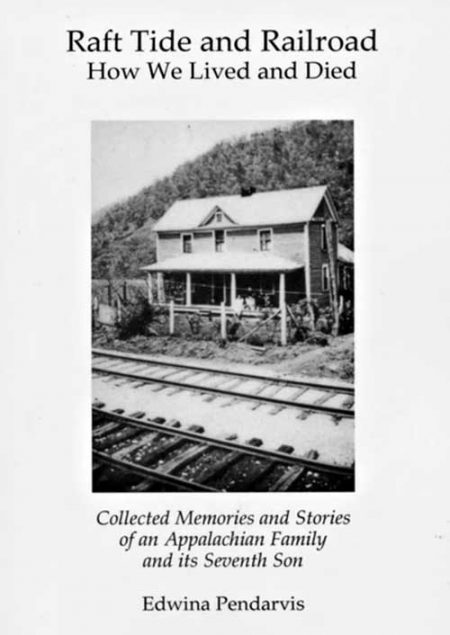 In this family history, “Raft Tide and Railroad: How We Lived and Died — Collected Memories and Stories of an Appalachian Family and Its Seventh Son,” Appalachian author, poet, and editor Dr. Edwina Pendarvis, was guided by sage advice from a grandmother, Jet Johnson, known only to her through family stories and photographs. Not long before Johnson was murdered, she asked one of her sons to note the strength of a bundle of twigs – as opposed to an individual twig – and see it as a metaphor for family strength – a metaphor originated by an earlier Appalachian – the warrior Tecumseh. In “Raft Tide and Railroad,” the author has preserved her family’s history and recognized its strength through accounts that span seven generations of experiences in Virginia, Kentucky, and West Virginia from the early 1800s to the present. SOFTBACK VERSION By Edwina Pendarvis
In this family history, “Raft Tide and Railroad: How We Lived and Died — Collected Memories and Stories of an Appalachian Family and Its Seventh Son,” Appalachian author, poet, and editor Dr. Edwina Pendarvis, was guided by sage advice from a grandmother, Jet Johnson, known only to her through family stories and photographs. Not long before Johnson was murdered, she asked one of her sons to note the strength of a bundle of twigs – as opposed to an individual twig – and see it as a metaphor for family strength – a metaphor originated by an earlier Appalachian – the warrior Tecumseh. In “Raft Tide and Railroad,” the author has preserved her family’s history and recognized its strength through accounts that span seven generations of experiences in Virginia, Kentucky, and West Virginia from the early 1800s to the present. SOFTBACK VERSION By Edwina Pendarvis -
Out of stock
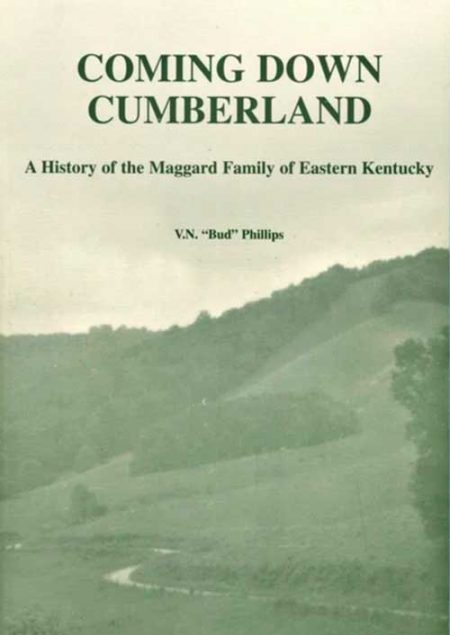 Coming Down Cumberland: A History of the Maggard Family of Eastern Kentucky By V.N. "Bud" Phillips
Coming Down Cumberland: A History of the Maggard Family of Eastern Kentucky By V.N. "Bud" Phillips -
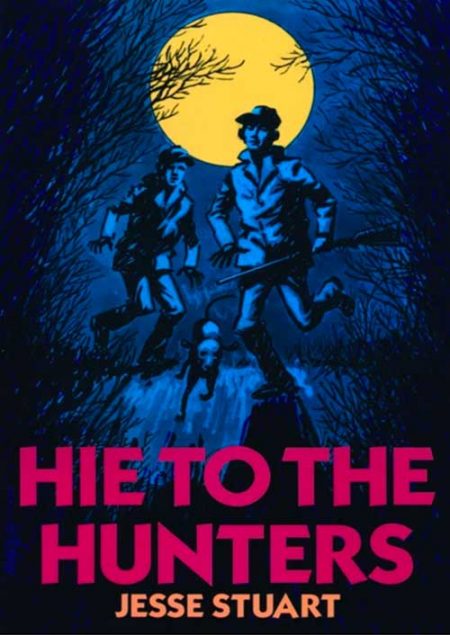 The Sparks family, salty old Peg Sparks, his wife Arn, and their 16-year-old son Sparkie lived in the Plum Grove Hills in a one room cabin. They don't have a lot, but they would not turn a stray hound dog away from their door and certainly not a stray boy like pale, spindly Didway Hargis, who has run away from his wealthy home in town. SOFTBACK By Jesse Stuart COLLECTOR EDITIONS ARE AVAILABLE; PLEASE CONTACT THE JSF DIRECTLY
The Sparks family, salty old Peg Sparks, his wife Arn, and their 16-year-old son Sparkie lived in the Plum Grove Hills in a one room cabin. They don't have a lot, but they would not turn a stray hound dog away from their door and certainly not a stray boy like pale, spindly Didway Hargis, who has run away from his wealthy home in town. SOFTBACK By Jesse Stuart COLLECTOR EDITIONS ARE AVAILABLE; PLEASE CONTACT THE JSF DIRECTLY -
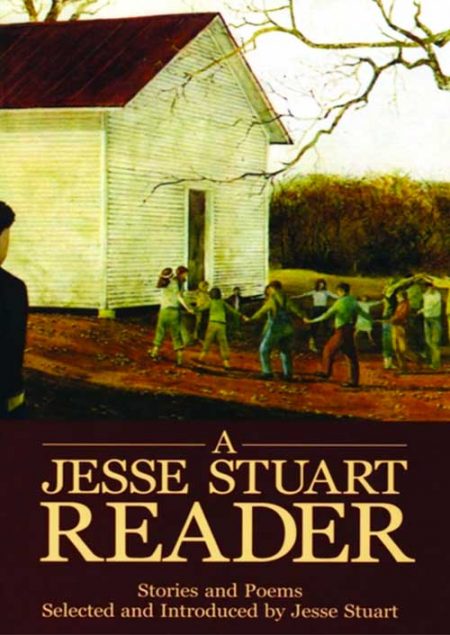 Junior High and High School teachers who wish to introduce their students to Jesse Stuart have a unique teaching tool available in A Jesse Stuart Reader. This 352-page book was designed as a classroom text, and consists of eighteen stories, twenty-six poems, and excerpts from three autobiographical books — God’s Oddling, The Thread That Runs So True, and The Year of My Rebirth. An additional study and teaching aid is Ella DeMer’s 31-page “Commentary and Study Questions” section at the end of the book. Schools ordering 30 or more copies may purchase the book at $9 per copy, a 40% discount. Although most classroom sets are purchased for grades 7-12, this book is effective at the collegiate level, too. Please contact the JSF directly to take advantage of bulk discounts. SOFTBACK By Jesse Stuart
Junior High and High School teachers who wish to introduce their students to Jesse Stuart have a unique teaching tool available in A Jesse Stuart Reader. This 352-page book was designed as a classroom text, and consists of eighteen stories, twenty-six poems, and excerpts from three autobiographical books — God’s Oddling, The Thread That Runs So True, and The Year of My Rebirth. An additional study and teaching aid is Ella DeMer’s 31-page “Commentary and Study Questions” section at the end of the book. Schools ordering 30 or more copies may purchase the book at $9 per copy, a 40% discount. Although most classroom sets are purchased for grades 7-12, this book is effective at the collegiate level, too. Please contact the JSF directly to take advantage of bulk discounts. SOFTBACK By Jesse Stuart -
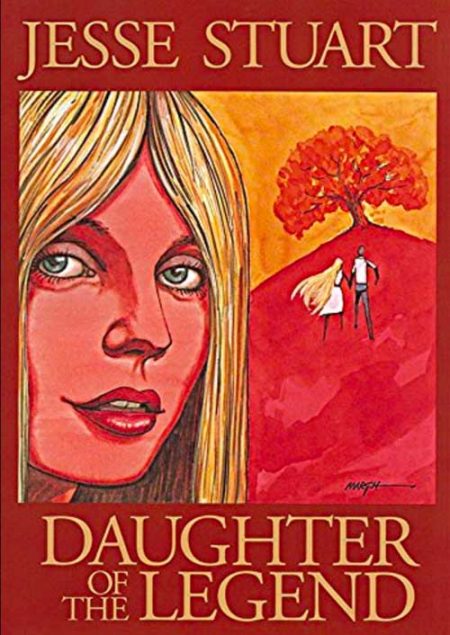 Jesse Stuart's enduring story to this idyllic love that conquered hate and fear draws strength from the calmness of the surrounding Tennessee mountains, where nature, in all her glory, heals the wounds inflicted by men. It is a rich and poignant story, full of local mountain life and humorous touches. Daughter of the Legend is a master storyteller's finest, most lyric book, a book rewarding in the reading and delightful in the memory. It touches the heart and eternity. SOFTBACK By Jesse Stuart
Jesse Stuart's enduring story to this idyllic love that conquered hate and fear draws strength from the calmness of the surrounding Tennessee mountains, where nature, in all her glory, heals the wounds inflicted by men. It is a rich and poignant story, full of local mountain life and humorous touches. Daughter of the Legend is a master storyteller's finest, most lyric book, a book rewarding in the reading and delightful in the memory. It touches the heart and eternity. SOFTBACK By Jesse Stuart -
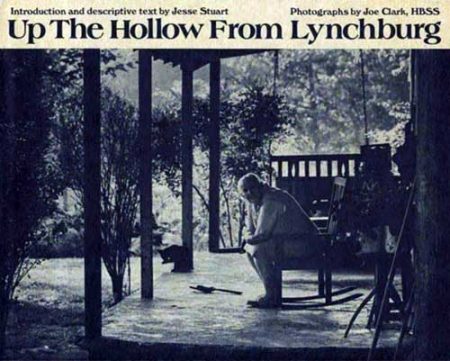 Jesse Stuart and Joe Clark's photographic essay of the town Lynchburg, located where the Blue Grass country meets the Cumberland Mountains of Tennessee. Known for the Jack Daniels distillery, the townspeople are loyal to their employer and to each other. But they are also "close-to-the-land" people who farm, raise livestock, and enjoy diversions which have nothing at all to do with the distillery. For the most part, it is their lives outside of working hours that Clark and Stuart have chosen to reflect. Photographs by Joe Clark Foreword by Jesse Stuart
Jesse Stuart and Joe Clark's photographic essay of the town Lynchburg, located where the Blue Grass country meets the Cumberland Mountains of Tennessee. Known for the Jack Daniels distillery, the townspeople are loyal to their employer and to each other. But they are also "close-to-the-land" people who farm, raise livestock, and enjoy diversions which have nothing at all to do with the distillery. For the most part, it is their lives outside of working hours that Clark and Stuart have chosen to reflect. Photographs by Joe Clark Foreword by Jesse Stuart -
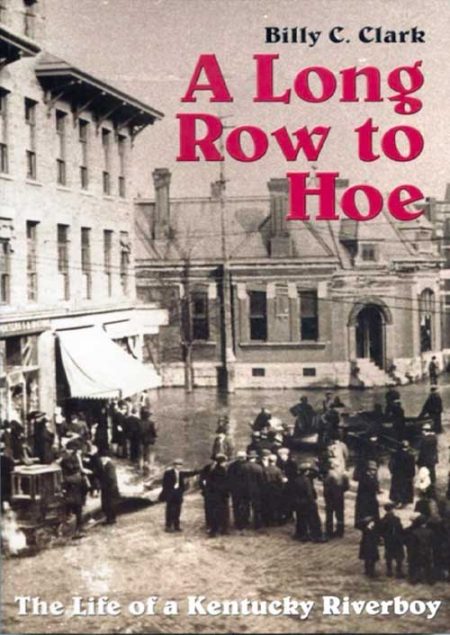 Boston University, the site of the world’s finest repository of 20th Century literature, praises Billy C. Clark as “one of the South’s most distinguished writers.” In this fascinating and highly readable book, Clark, founder and editor of Virginia Writing, writes of his own astonishingly primitive childhood in an Appalachian river town, Catlettsburg, Kentucky, at the junction of the Big Sandy and the Ohio Rivers. Billy C. Clark was a member of a sprawling, ragged family. His father was an intelligent, fiddle-playing shoemaker with little formal education. His mother often took in washing to help provide food for the family. Billy grew up in a derelict house, “The Leaning Tower,” on the banks of the Ohio. Always hungry, often dirty, and without sufficient clothing, he led an adventurous life on the two rivers, swimming, fishing, and salvaging flotsam from the frequent floods. He set trout lines for fish and trap lines for mink and muskrats, and he walked fourteen miles before school to clear his traps. He learned laughter from his magnificent mother and wisdom from his father, who taught him that “poor folks have a long row to hoe….” Billy was the only one of his family to seek an education, and through his traps, his river salvage, and odd jobs, he earned money to put himself through school. The book ends with a powerful account of his parents’ pride at his graduation. Time Magazine said that this book is “as authentically American as Huckleberry Finn.” It is a touching account of a boy and two rivers. It is a must for public and school libraries, or anyone interested in Appalachian history or literature. By Billy C. Clark
Boston University, the site of the world’s finest repository of 20th Century literature, praises Billy C. Clark as “one of the South’s most distinguished writers.” In this fascinating and highly readable book, Clark, founder and editor of Virginia Writing, writes of his own astonishingly primitive childhood in an Appalachian river town, Catlettsburg, Kentucky, at the junction of the Big Sandy and the Ohio Rivers. Billy C. Clark was a member of a sprawling, ragged family. His father was an intelligent, fiddle-playing shoemaker with little formal education. His mother often took in washing to help provide food for the family. Billy grew up in a derelict house, “The Leaning Tower,” on the banks of the Ohio. Always hungry, often dirty, and without sufficient clothing, he led an adventurous life on the two rivers, swimming, fishing, and salvaging flotsam from the frequent floods. He set trout lines for fish and trap lines for mink and muskrats, and he walked fourteen miles before school to clear his traps. He learned laughter from his magnificent mother and wisdom from his father, who taught him that “poor folks have a long row to hoe….” Billy was the only one of his family to seek an education, and through his traps, his river salvage, and odd jobs, he earned money to put himself through school. The book ends with a powerful account of his parents’ pride at his graduation. Time Magazine said that this book is “as authentically American as Huckleberry Finn.” It is a touching account of a boy and two rivers. It is a must for public and school libraries, or anyone interested in Appalachian history or literature. By Billy C. Clark


